Netanyahu says Israeli troops will remain in Syrian territory until ‘another arrangement’
The Israeli prime minister says the regime's troops will remain stationed at a so-called “buffer zone” inside the occupied Syrian Golan Heights, seized following the fall of President Bashar al-Assad, until another arrangement is found that will "ensure the usurping regime’s security."
Benjamin Netanyahu made the comments on Tuesday from the summit of Mount Hermon, known as Jabal al-Shaykh in Arabic, the highest peak in the area — inside Syria, about 10 kilometers (6 miles) from the border with the strategic Golan Heights.
He was joined by the Israeli minister for military affairs, Israel Katz, Chief of Staff Lieutenant General Herzi Halevi, head of the so-called internal security service Shin Bet, Ronen Bat, and Northern Command chief Major General Uri Gordin.
Netanyahu reiterated that Israel would remain in the area “until another arrangement can be found that guarantees Israel’s security.”
The prime minister said he had been on the same mountaintop 53 years ago as a soldier, but the summit’s importance to the Tel Aviv regime’s security has only increased given recent events.
It appeared to be the first time a sitting Israeli leader had set foot that far into Syrian territory.
For his part, Katz said Israeli forces would remain on the Syrian summit of Mount Hermon for “as long as necessary.”
He said, “We will stay here for as long as necessary,” asserting that deployment of Israeli troops to the strategically significant summit “strengthens security.”
“Mount Hermon's summit is Israel's eyes for identifying near and distant threats. From here, we can see Hezbollah positions in Lebanon to the right, and Damascus to the left,” Katz said.
Israeli military forces captured the UN-patrolled buffer zone in the Golan Heights hours after armed groups took control of the Syrian capital of Damascus on December 8.
Israel has been widely and vehemently condemned over termination of the 1974 ceasefire agreement with Syria, and exploiting the chaos in the Arab nation in the wake of Assad’s downfall to make a land grab.
The buffer zone in the Israeli-occupied Golan Heights was created by the United Nations after the 1973 Arab-Israeli War. A UN force of about 1,100 troops had patrolled the area since then.
Stephane Dujarric, spokesman for UN Secretary General Antonio Guterres, said on Tuesday that the presence of Israeli soldiers, however long it lasts, violates the deal that established the buffer zone.
That agreement “needs to be respected, and occupation is occupation, whether it lasts a week, a month or a year, it remains occupation,” Dujarric pointed out.
Lebanon’s president condemns Israeli strikes as 'blatant act of aggression'
VIDEO | Epstein and Trump: Scandal, power, and political fallout
Trump admin. advances Saudi nuclear deal, leaves door open to enrichment: Report
Leader donates 50 billion rials to free financially struggling prisoners
Guardians of sky: How Iran’s radar network turned 12-day war into a blueprint for deterrence
The story of ancient Persia’s chromium steel
Iranian Navy chief calls for broader naval collaboration at MILAN 2026 naval exercise
VIDEO | Mini Iraq; A city in India that connects faith across borders



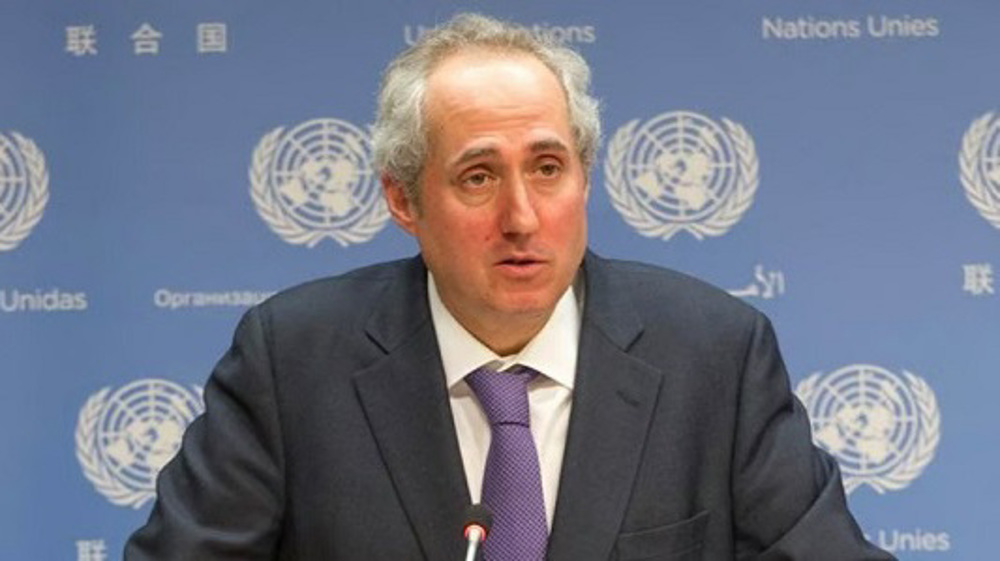
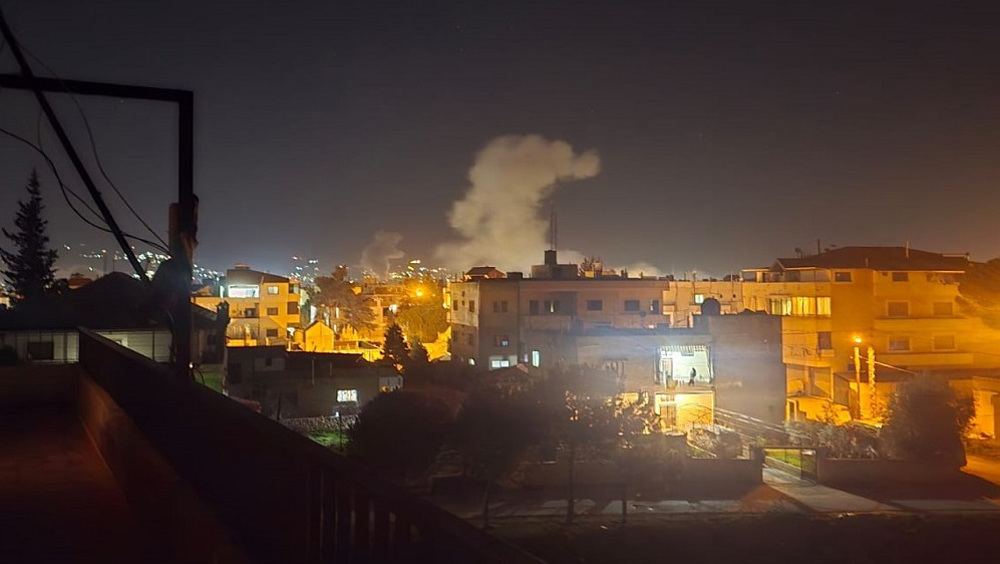
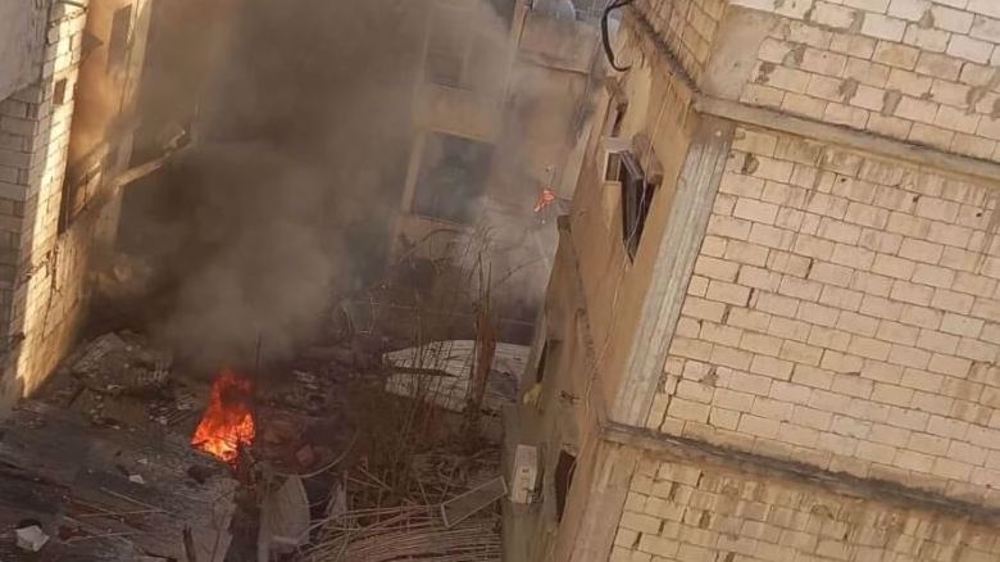
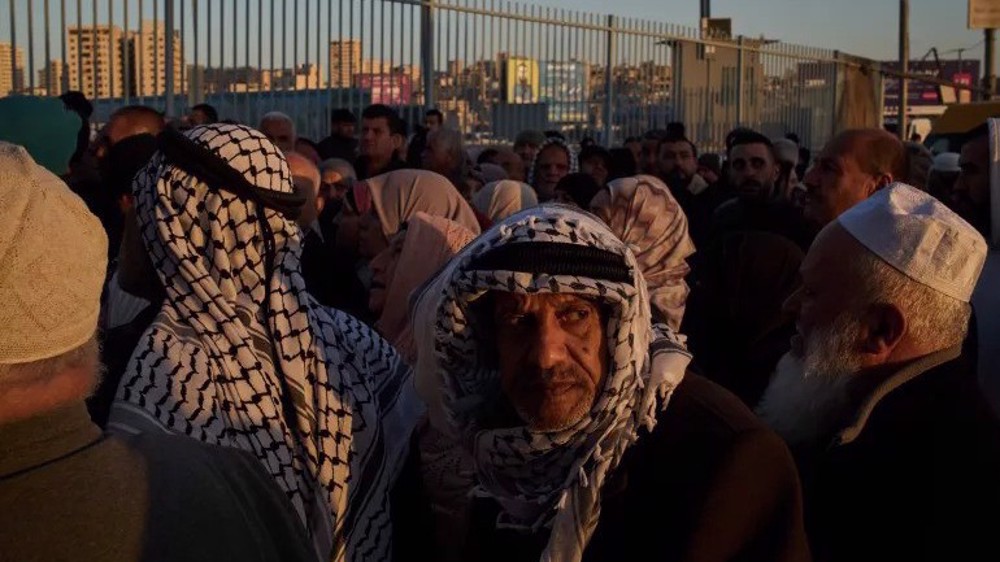





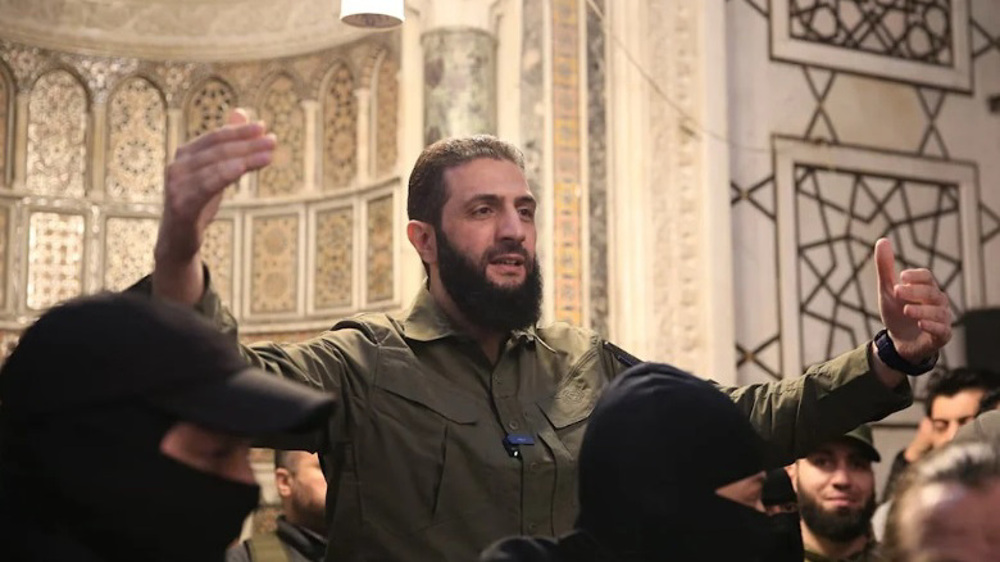
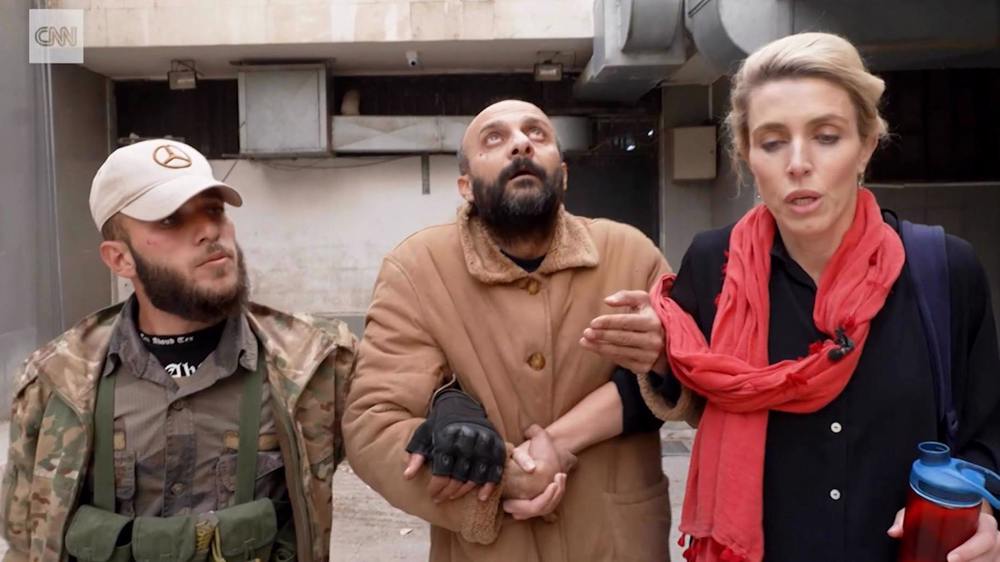
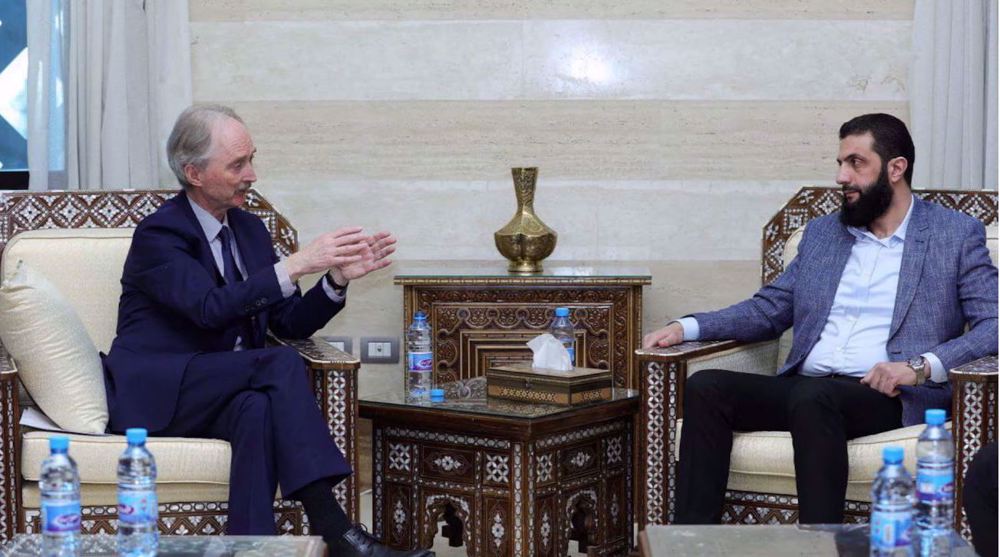
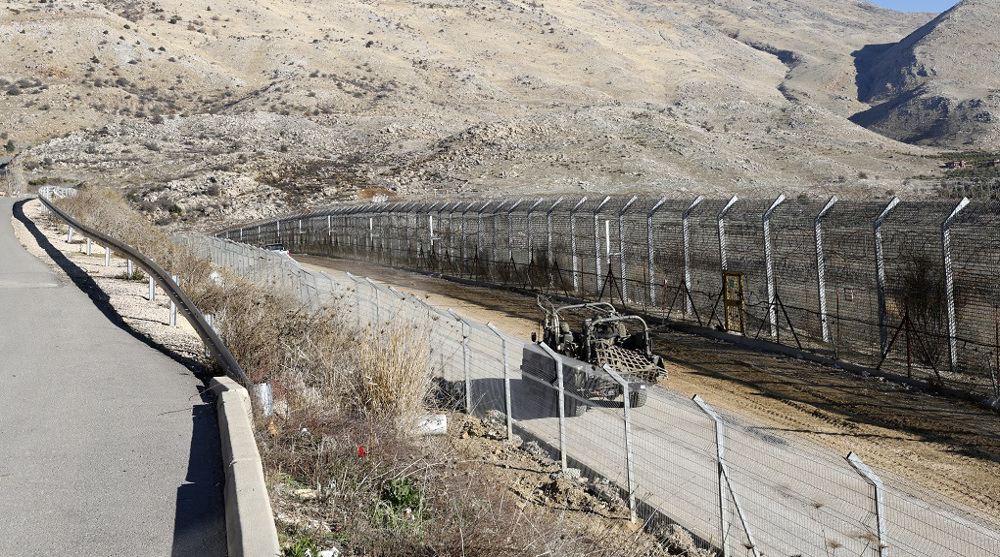
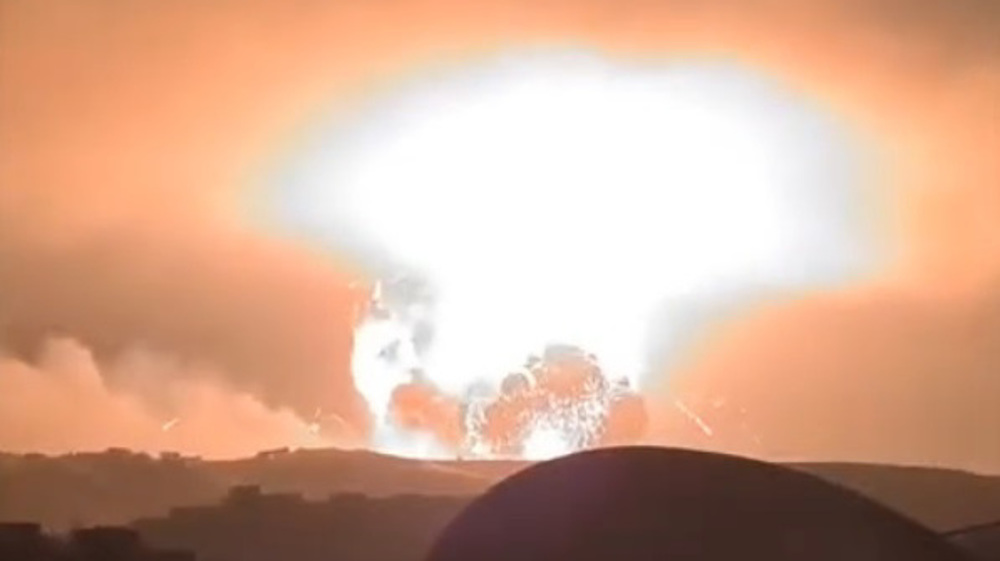
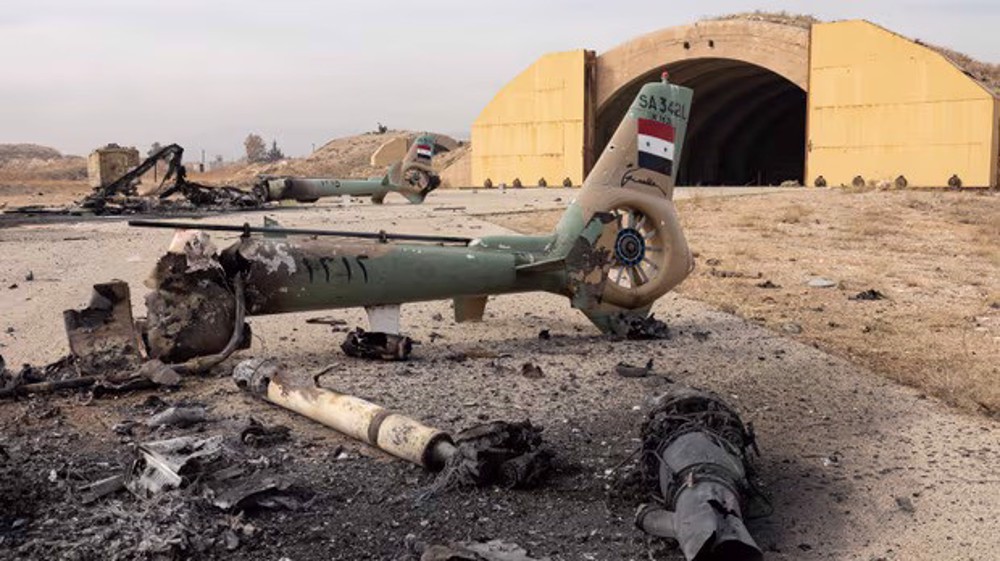
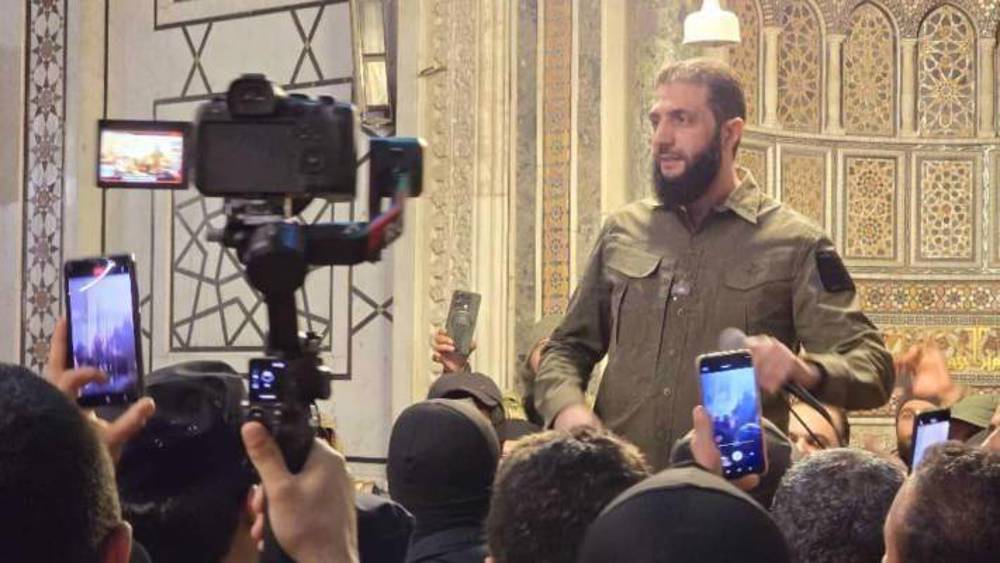

 This makes it easy to access the Press TV website
This makes it easy to access the Press TV website